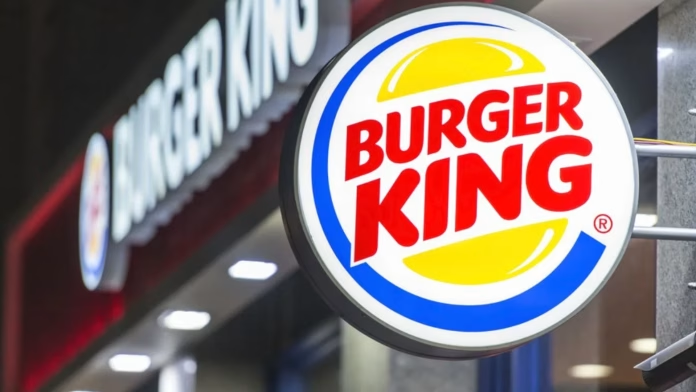General Atlantic and Advent International are currently in advanced negotiations to acquire Everstone Capital’s 40.9% stake in Restaurant Brands Asia (RBA), according to informed executives. RBA is the operating entity behind the renowned fast-food chain Burger King in India.
“Everstone, which also operates Subway and Lavazza coffee in India, is looking to cash out from its stake in Burger King, and is now actively engaged in due diligence with private equity firms General Atlantic and Advent,” one of the executives said.
In the quarter ending in March, Restaurant Brands Asia (RBA) recorded a loss of INR 73.3 crore, which marked a widening from the loss of INR 67 crore reported in the same period last year. The company attributed this outcome to the impact of food inflation and the expansion of newer store locations. However, there was positive growth in revenue from operations, with a year-on-year increase of over 28% amounting to INR 514 crore.
As of March, the combined national store count of Burger King and its coffee and beverage sub-brand BK Cafe stood at 391 restaurants.
Efforts to obtain a response from Everstone, Restaurant Brands Asia (RBA), and General Atlantic regarding the queries were unsuccessful, as they did not provide any feedback or comments. Similarly, Advent International declined to comment on the matter when approached.
Advent International and General Atlantic are prominent private equity firms specializing in company acquisitions across Asia, Europe, and North America. Everstone Capital, through its investment vehicle QSR Asia Pte Ltd, holds the stake in Restaurant Brands Asia (RBA). It is worth noting that the Singapore-based private equity group played a crucial role in introducing Burger King to the Indian market back in 2014.
The evaluation process for the stake sale coincides with a period of decelerated growth in the western-style fast-food sector, as consumers increasingly shift towards more affordable brands. Moreover, smaller regional brands have intensified their competition within the industry, adding further dynamics to the market landscape.
“Key risks to RBA are slower-than-expected improvement in customer footfalls, delays in store expansion plans and increased competitive intensity in the north and east markets,” ICICI Securities wrote in a post-earnings note on May 18.
Burger King has revised its store expansion guidance for FY24, reducing it by 4% to 450 stores compared to the previous target of 470 stores. In a similar vein, its competitor Devyani International, responsible for operating KFC and Pizza Hut in India, reported a 21% decline in net profit for the quarter ending in March. The decline can be attributed to margin pressure caused by inflation, a slowdown in demand, and increased competition from smaller brands offering similar products at lower price points.
Despite the prevailing challenges, quick-service chains remain committed to expanding their store networks, particularly capitalizing on opportunities in small towns, along highways, and through emerging channels such as convenience stores situated at petrol stations.
According to a recent report by credit rating agency ICRA, the top five players in the domestic Quick Service Restaurant (QSR) industry are expected to collectively open around 2,300 new stores between FY23 and FY25. The estimated capital expenditure for this expansion is approximately Rs 5,800 crore. The report specifically mentioned Jubilant FoodWorks, the operator of Domino’s Pizza, Devyani International, Sapphire Foods India, Restaurant Brands Asia, and Westlife Foodworld, which manages McDonald’s outlets in the western and southern regions of India. Sapphire Foods India serves as a franchisee partner for KFC and Pizza Hut within the country.
“The capex spree in the QSR industry is likely to be driven by favourable demographics, steady urbanisation, growing per-capita GDP and significant headroom available in terms of penetration, compared to a developed economy like the US,” Suprio Banerjee, Vice President and Sector Head, corporate ratings, ICRA, wrote in the report. The report said most of the capex will be funded through internal accruals and cash on the books.





